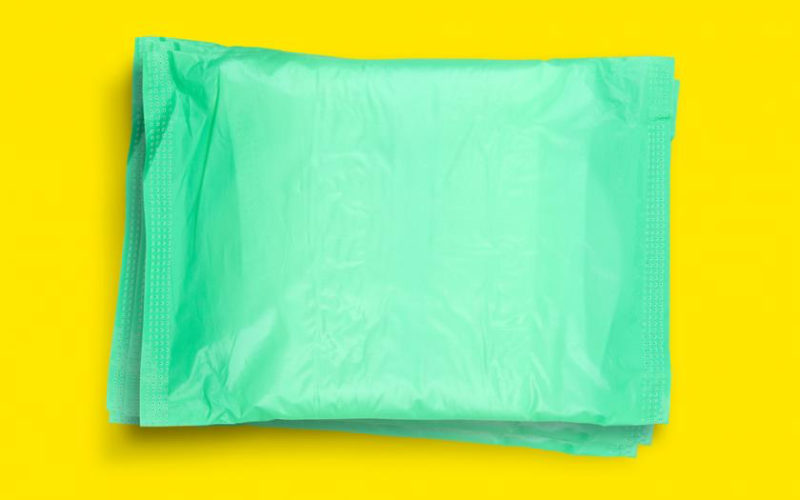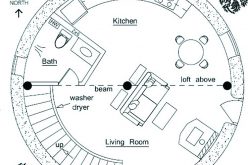Real question isn’t menstrual pads, it’s stigma
AMANDA BANCROFT
Making Ripples
Myths about menstruation propagate less sustainable products and cause harm to those in developing parts of the world. Beneath these folk tales and half-lies exists the concept that unlike other bodily functions, menstruation is unclean and makes women unclean, too. Worldwide movements and leaders are attempting to dissolve these beliefs and refocus attention on women’s health, environmental sustainability and equality for women and girls. As of 2019, women all over the planet – not just in wealthy countries – are using sustainable menstrual products, although access and variety varies.
Malaka Gharib reported on this topic for an NPR article titled “New Book Busts Myths About Menstruation Spread by Public Health Groups.” This new book is “The Managed Body: Developing Girls and Menstrual Health in the Global South,” by author Chris Bobel. “Bobel finds that a surprising amount of misinformation is fueling the work of charities and nonprofits in the menstrual health sector,” Gharib writes. Bobel explains that some of these concepts were pulled out of thin air, perhaps for shock value.
For example, there isn’t any evidence to support the idea that African girls miss school during their periods. No continent-wide study on this has been done, but that doesn’t stop people from citing a UNICEF document that appears not to exist, according to Bobel and others. There’s also no data backing up another point from UNICEF: that cloth pads cause infections. In fact, there is “no clear causal link between how menstruators manage their menses and rates of infection.”
It would be convenient for disposable pad manufacturers if that were true. But it can be just as sanitary – and depending on context, safer – to continue encouraging reusable cloth pads while teaching girls how to properly wash and care for the cloths. This is more affordable and often more accessible. It also eliminates the piling up of trash from used disposable products in areas without disposal services. As a counterpoint, though, water and soap can be difficult to find, too.
The biggest problem? Stigma. “Until we make menstruation neutral — something that doesn’t challenge someone’s respectability or likability — it doesn’t matter what we provide people,” Bobel writes. Disposable or reusable, multi-color organic fabric or bleached white wrapped in plastic, options vary, but women everywhere face the stigma. Eliminating the real problem will further environmental justice for women and girls.
Amanda Bancroft is a writer, artist, and naturalist living in an off-grid tiny house on Kessler Mountain. She and her husband Ryan blog about their adventures and offer tips to those wanting to make a difference at www.RipplesBlog.org.










